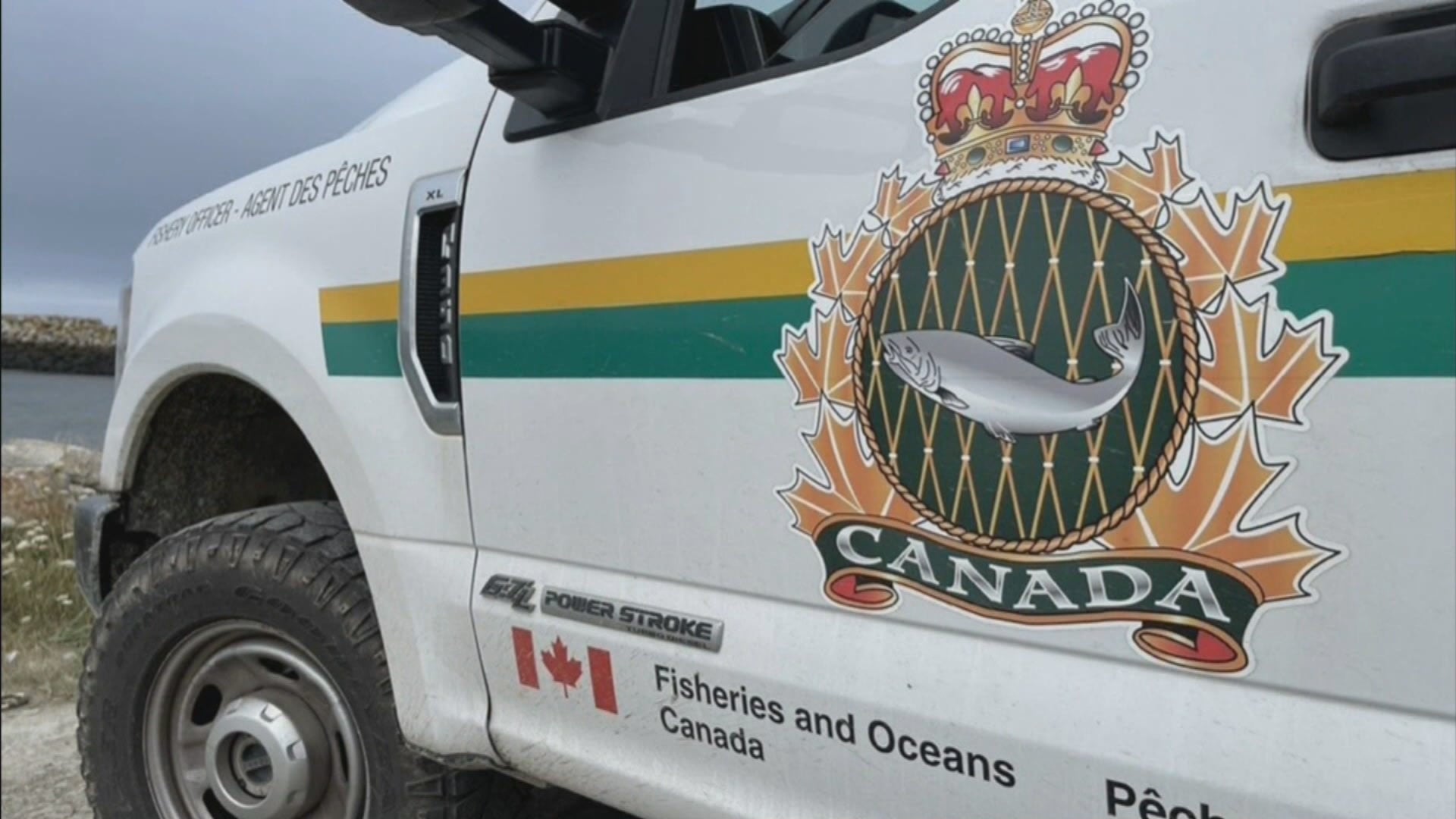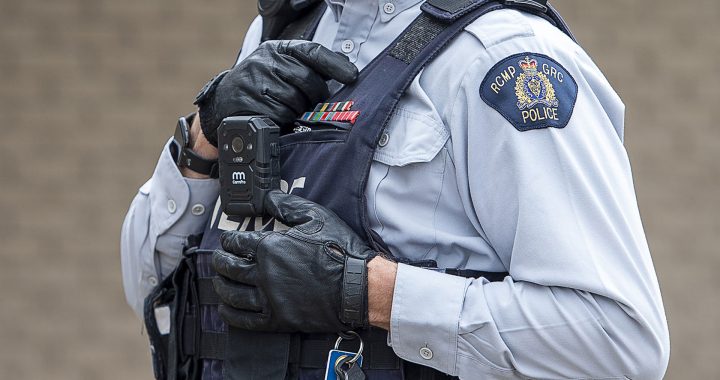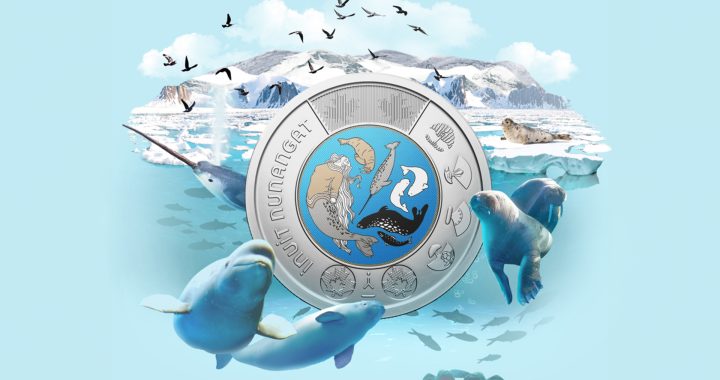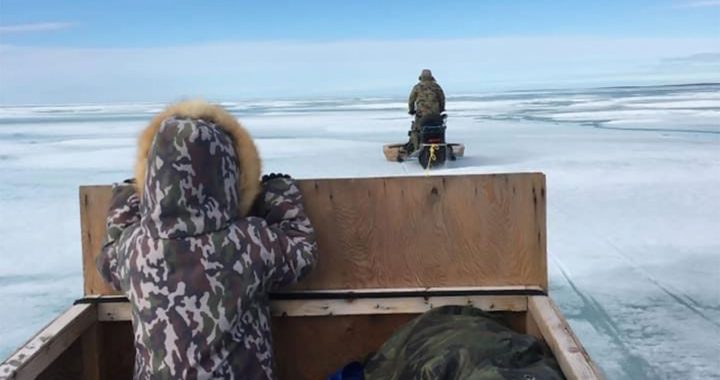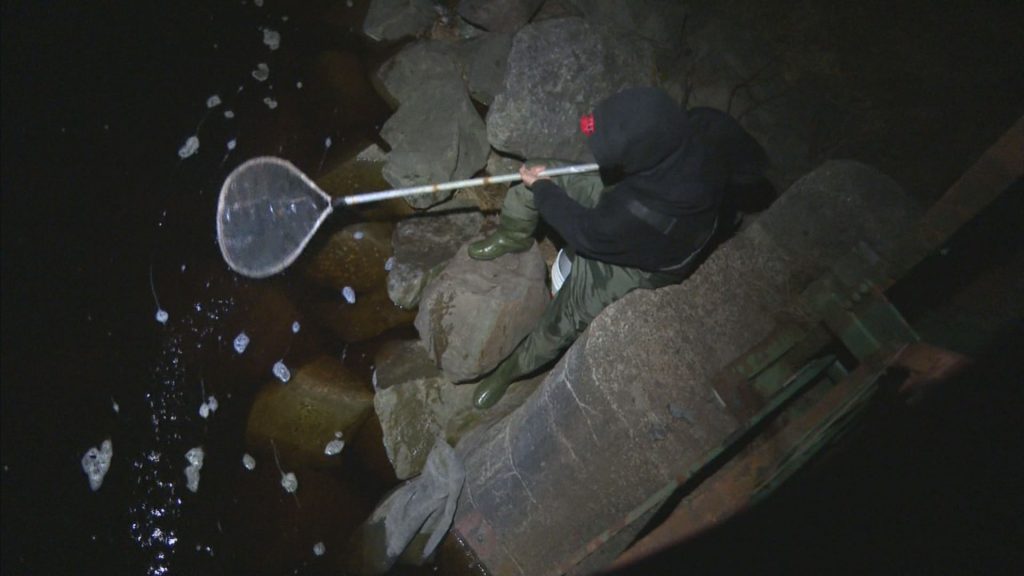
Elver harvesters fishing at night. The minister is being encouraged to reopen the fishery.
The Parliamentary Fisheries and Oceans committee says the baby eel, or elver, fishery on the East Coast be reopened and a “crisis unit” set up to deal with any violence that follows.
The committee issued its recommendations in a five-point report on Thursday that concluded, “banning legal fishing does not stop poaching.”
“Since the closure of the elver fishery, criminal activity and violence has not decreased, as evidenced by the witnesses who have come forward to the committee to detail continued violence and lawlessness in their communities, including arson, assault, and attempted murder.”
Fisheries Minister Diane Lebouthillier did not open the 2024 fishery citing concerns over conservation and the violence associated with the fishery.
Baby eels can be found in several jurisdictions – from Ontario to Newfoundland and Labrador. In Ontario and Quebec, the stock has declined 99 per cent since the 1970s.
In Nova Scotia, baby eels come up from Bermuda to live for decades – or they’re caught and shipped to China where they’re raised for food in Asian markets.
The baby eel is listed as a “special concern” by COWESIC, the Committee on the Status of Endangered Wildlife in Canada – a designation that is nearly 20 years old.
Some Mi’kmaq fishers have defied the closure and continued to harvest elvers, which look like transparent worms, saying the fishery is part of their treaty right.
It’s also lucrative. A kilogram of elvers can fetch up to $5,000 per kilogram. In the past year, several Mi’kmaq and non-Indigenous fishers have been arrested. There have been acts of violence on the water as well.
“As part of a reopening, a crisis unit be set up beforehand made up of the various intervention units concerned, border agency, coast guard, public security agency, scientific representation and legal fishermen, to act not only in observation and surveillance but also to act in protection and intervention in the event of force majeure to promote a resumption of fishing that is adequate, egalitarian and ensuring increased safety,” the fishery committee recommends.
Senator still waiting for news on ‘third party’ investigation
Mi’kmaw Sen. Paul PJ Prosper (Nova Scotia) says he’s still waiting to hear details from a third-party independent review of the actions of two fisheries officers who abandoned a pair of Mi’kmaq fishers after taking their shoes and phones.
On the evening of March 26, Hartling and Blaise Sylliboy of Eskasoni First Nation defied the elver closure and went out fishing. They were arrested and said fisheries officers drove them to a gas station in Shelburne, N.S., took their boots and cell phones and left them in their socks with no way to contact anyone.
“I told him like ‘you’re really going to leave me here with no shoes at the Irving station?’” Sylliboy said in an interview with APTN News on April 2. “He said ‘you know the consequences man … that’s your fault,’ and I was just like ‘man why would you leave somebody like that?’”
Hartling and Sylliboy said they started walking with cardboard and plastic wrapped around their feet donated by the clerk at the gas station. The attendant wouldn’t let them stay inside the station or use the phone to call for assistance.
It was 7C with drizzle and fog.
I am deeply troubled by the situation that occurred in Shelburne County, NS on March 26 involving the arrest and release of two Mi’kmaw individuals. The allegations brought forward regarding the treatment they both received are simply unacceptable.
Over the past few days, my…
— Diane Lebouthillier (@DiLebouthillier) April 6, 2024
Prosper said he was outraged when he heard the story and met with Lebouthiller, along with Liberal MP Jaime Battiste, about the incidents. According to Prosper’s office, Lebouthillier said she’s “committed” to a public investigation into the incidents.
“In order to proceed forward there’s a need to have a keen understanding of the underlying facts and something that you can only get through an appropriate independent investigation,” Prosper told APTN on May 23. “I think it’s the independent aspect of the investigation is quite key, you essentially don’t want DFO to investigate itself.”
According to Battiste, the minister will be releasing a plan on the fishery in the coming weeks and declined to comment until he reads the details.
APTN caught up with Lebouthillier after a committee meeting in early May to ask about the investigation. Through an interpreter, the minister said, “We’ll work together with the Indigenous community to put a committee in place to figure out the best ways for people at the Ministry of Fisheries and Oceans to work.”
Her office later expanded on that comment.
“Minister Lebouthillier remains committed to a transparent third-party review that involves Indigenous voices and leadership,” said a statement from her office, “Discussions about the structure of this review are still underway and an announcement will be made in due course.”
It’s not clear who DFO is talking with to develop the investigation.
“It’s coming to a critical junction here where the necessary work has been done,” Prosper said. “It’s incumbent upon officials and relevant politicians to take those next brave steps to really affect change that really addresses the key fundamental issues we are all facing in the fishery.”
Read More:
Liberal MP, senator call for public investiation into federal officers who stranded Mi’kmaw fishers
Mi’kmaw harvesters say DFO officers took shoes, phones and left them stranded
The committee said the closure of the elver fishery has “resulted in 1,100 job losses, harming rural Nova Scotian communities and the fishing industry as a whole, when Canadians are struggling with a cost-of-living crisis created by this government.”
The committee is also asking for more DFO officers and a greater RCMP presence to oversee the fishery.
“…. current DFO and RCMP enforcement efforts allocated by the Minister remain insufficient and have not put a halt to the violence or poaching,” the report said.
APTN asked officials in the minister’s office for comment on reopening the elver fishery but was told they hadn’t received the committee’s recommendations.



